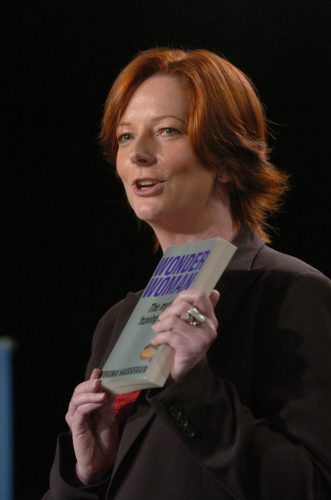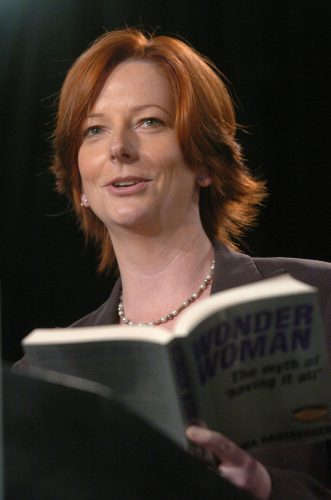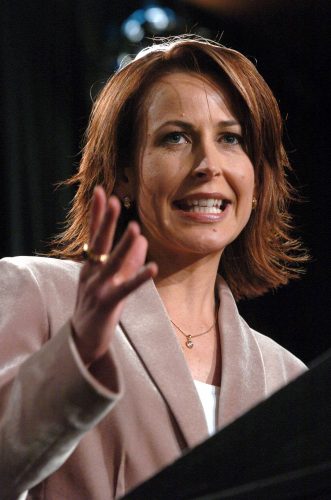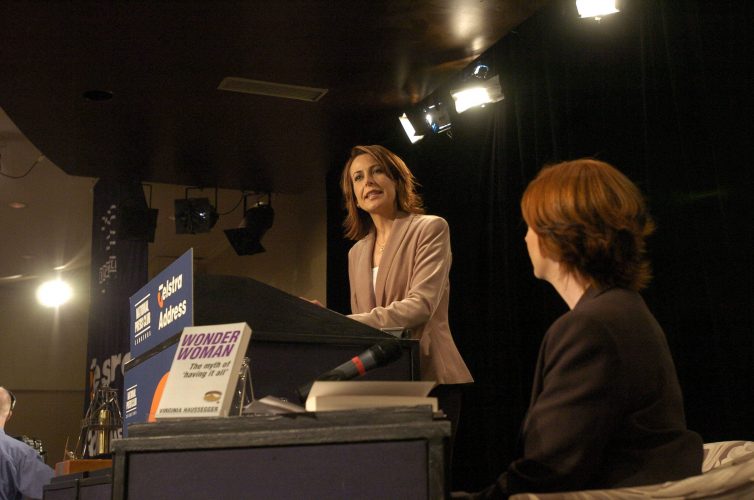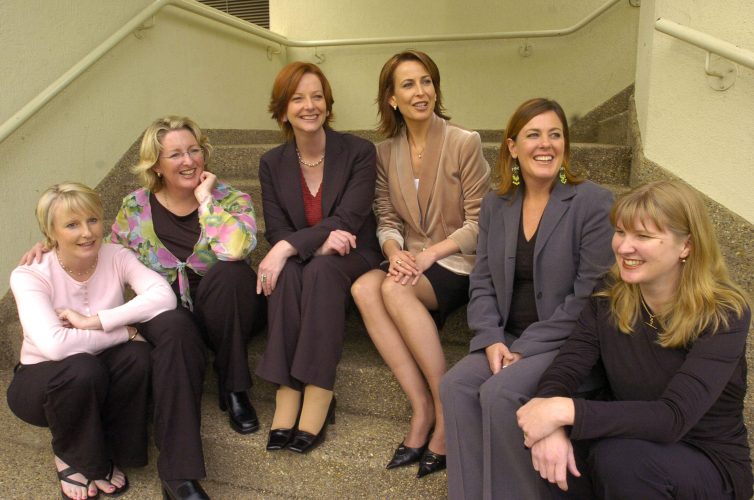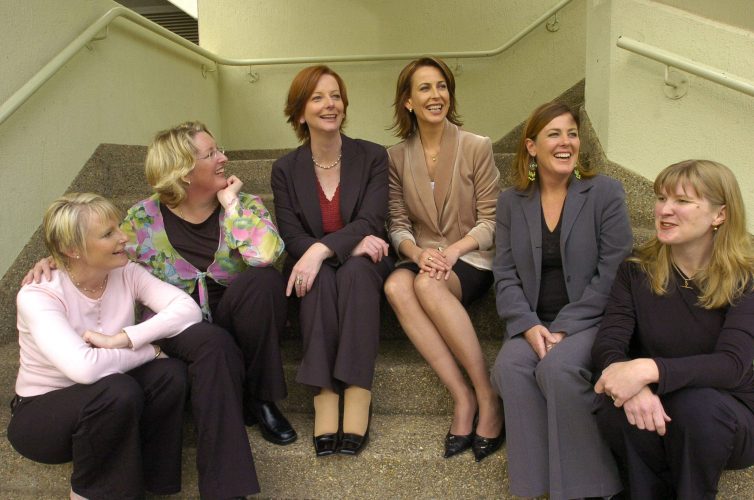You wouldn’t see it in Australia, but in Pakistan a politician loved by her constituents might be greeted by a shower of perfumed rose petals as she arrives at work.
That’s what happened on Monday to Zilla Huma Usman, a 36-year-old Pakistani cabinet minister, as she stepped out of her car. Moments later she was shot in the face.
Zilla died on the way to hospital. Her assassin was eager to explain his actions to police. He said Zilla was not wearing Islamic dress – no headscarf – and, as a strong advocate of women’s rights, she was defying Allah. Islam, he insisted, did not allow women to hold positions of leadership. The gunman, Mohammad Sarwar, is a religious fanatic who has also admitted to killing four prostitutes. He was acquitted on each charge. He told a TV interviewer that if freed again he would continue to kill ”all those women who do not follow the right path”.
Yesterday when a prominent Australian Muslim academic told me she was feeling depressed over Zilla’s death, the frustration in her tone was palpable: her weariness deep. How long will it take? How many decades or centuries are still needed to shift a culturally embedded and archaic belief in women as the property of men: to be controlled, suppressed, used and abused, even killed with impunity? Afghanistan’s youngest parliamentarian fears she will be next. At just 28, Malalai Joya is a veteran of death threats. ”One day they will kill me,” she told a British newspaper recently. ”They kill women who struggle against them.”
Joya has already survived four assassination attempts. Her house has been bombed and she now travels in disguise, under the cover of a full burqua, surrounded by armed guards. But it is hoped none of that will be necessary when she arrives in Australia the week after next. She is coming to speak at the UNIFEM International Women’s Day event here in Canberra. And with Afghanistan very much on our national and political radar right now, her arrival couldn’t be more timely. But her message may not sit well with some in the audience.
Defence Minister Brendan Nelson’s announcement this week that a worsening situation in Afghanistan meant it was likely more Australian troops could be sent there, was no surprise. The tired and poorly resourced Afghan army is struggling against a resurgent Taliban that has already promised to unleash ”the bloodiest year for foreign troops” yet.
In response, the United States has doubled its combat numbers and the NATO force has been strengthened. Australia could double troop numbers from 540 to close to 1000. And despite his loud anti-Iraq war protests, Opposition Leader Kevin Rudd says he will support an increase in Australia’s deployment to Afghanistan. There is no doubt Afghanistan is in a mess. But the battle lines are not easily drawn between the good guys and the bad guys. It’s not as simple as a division between al-Qaeda, the Taliban and the rest.
And this is the challenging and controversial message Malalai Joya will bring to Australia.
Afghanistan’s new post-Taliban Government – the one international forces helped create – has ”factional commanders” accused of horrendous crimes against Afghan civilians during the civil war of the ’90s when about 60,000 Afghans were slaughtered. The crimes remain unpunished.
Now, thanks to a 25 per cent quota of seats reserved for women at Afghanistan’s 2005 election, women such as Malalai Joya share a parliamentary chamber with some of the men she accuses of having ”blood on their hands”. She has demanded the warlords be brought to account, tried for their crimes and punished. While the West has helped elevate women in Afghanistan into positions of power, it can’t stop some men despising them and refusing to accept their legitimacy. ”Here there is no democracy, no security, no women’s rights,” Joya says.
When she first spoke in Parliament about the warlords’ attacks against poor and powerless Afghan civilians – particularly women – a riot erupted. Men ran at her, others threw empty water bottles, her microphone was switched off, and the cries of ”infidel” rang out, as women MPs formed a barrier around her. ”Take her and rape her,” was the chant Joya heard loudest. The task ahead for Joya and her fellow women parliamentarians is enormous. How do you begin to liberate women in a country where 80 per cent of them are illiterate and where, despite the reopening of schools, a growing number of girls are too afraid to attend? While Afghan women may sit in parliament, they still cannot walk the streets without fear.
When Joya comes to Canberra she may choose to speak about her sadness over recent events in her country: the assassination of leading women’s right campaigner Safia Ama Jan, the murder of poet Nadia Anjuman, the stoning to death of a married woman, Amina, or the rape of 11-year-old Sanobar, a girl who was exchanged for a dog in a dispute between warlords.
Then again, she may choose to talk about her outrage that the parliament in which she sits voted this week to give an amnesty from prosecution to all the warlords accused of crimes against humanity.
Whatever she has to say, it’s worth listening now. Few of her colleagues think she’ll be around for long. Nor does she. ”But they will not kill my voice, because it will be the voice of all Afghan women,” she says, ”You can cut the flower, but you cannot stop the coming of spring.”
